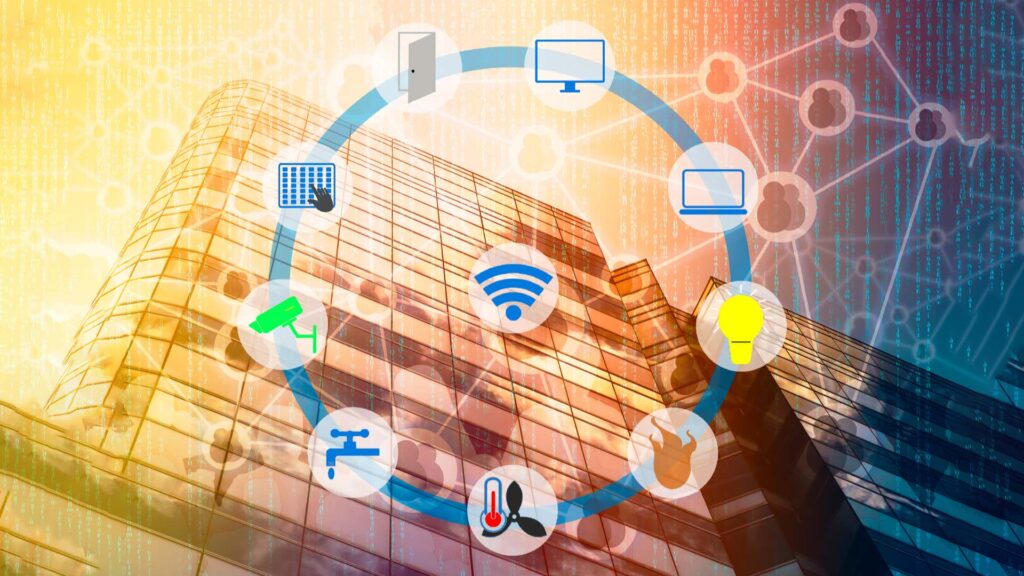 Green recovery starts at home. With these words Kadri Simson, EU Commissioner for Energy underlines the centricity of home technologies and people domestic habits to reach the targets of the EU Renovation Wave Strategy.
Green recovery starts at home. With these words Kadri Simson, EU Commissioner for Energy underlines the centricity of home technologies and people domestic habits to reach the targets of the EU Renovation Wave Strategy.
APPLiA agrees with this statement, adding that appliances will be a driver of the change. This ambitious plan aims at renovating the EU building stock and making use of its untapped savings potential. In this transition, smart appliances can ensure increased comfort and savings from heating and cooling systems. More than that, they can be connected to flexible buildings, exactly those that the Wave targets.
The review of the Energy Efficiency Directive, moreover, envisages the decarbonisation of heating and cooling systems in the Union. Product-specific measures will be put in place to meet these objectives and Ecodesign and Energy Labelling will be reviewed to this end.
As buildings are at the very centre of this Renovation, the so-called Energy Performance of Buildings Directive (EPBD) will be reviewed to introduce Energy Performance Certificates for buildings. In the assessment of the energy efficiency rendering of buildings, a role is played by Smart Readiness Indicators (SRIs). Buildings will be given a score depending on the smart functionalities inside them, which will be delivered also by smart appliances. «Inside buildings, there are homes, and inside homes, there are home appliances. They are all very much interlinked, so we cannot consider them separately. The transition starts from inside.» commented Paolo Falcioni, APPLiA’s Director General.
In fact, smart appliances will be connected among themselves and to flexible buildings, which can in turn be connected to smart grids. The interactions between a collection of home appliances through the building energy management system and the grid will become more frequent. «We support this transition and its voluntary nature. Incentives, we know from experience, support this sort of transition very well» – added Paolo Falcioni.



